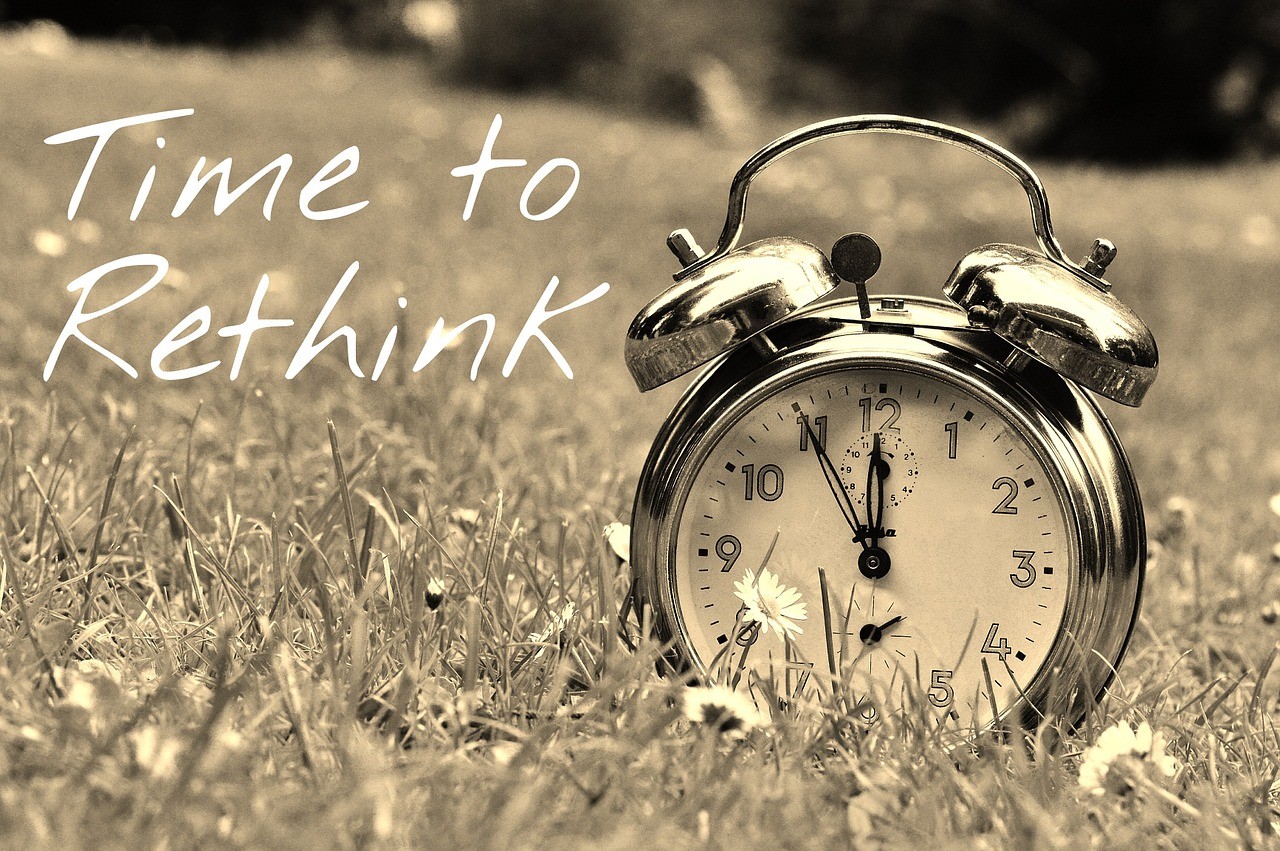
One in seven employees in the Netherlands have burned out complaints. How this arises is often unclear. However, new research sheds light on the matter: it is usually a mismatch between the unconscious needs of an employee and the demands of his job.
Take for example an extroverted accountant who is committed to social contact, but during her work, she is mainly working behind a computer. Or think of the manager, leading a large department, but hates having to be the centre of attention. These are people who have extra risks of a burnout, according to a new study from the universities of Leipzig and Zurich.
The researchers found that so-called implicit motives play an important role. This involves, first, the motive power: the need for responsibility for others, maintaining discipline and engaging in discussions and negotiations. Secondly, the connection pattern of interest: positive relationships with colleagues, a sense of appreciation and belonging.
Employees can get burned out if their individual needs in one of these motives do not match their work. ‘This mismatch is a hidden stressor and can lead to burnout’, says Veronika Brandstätter, psychology professor at the University of Zurich.
Source:
Taken from an article published online yet no longer available on the MSN cite.
